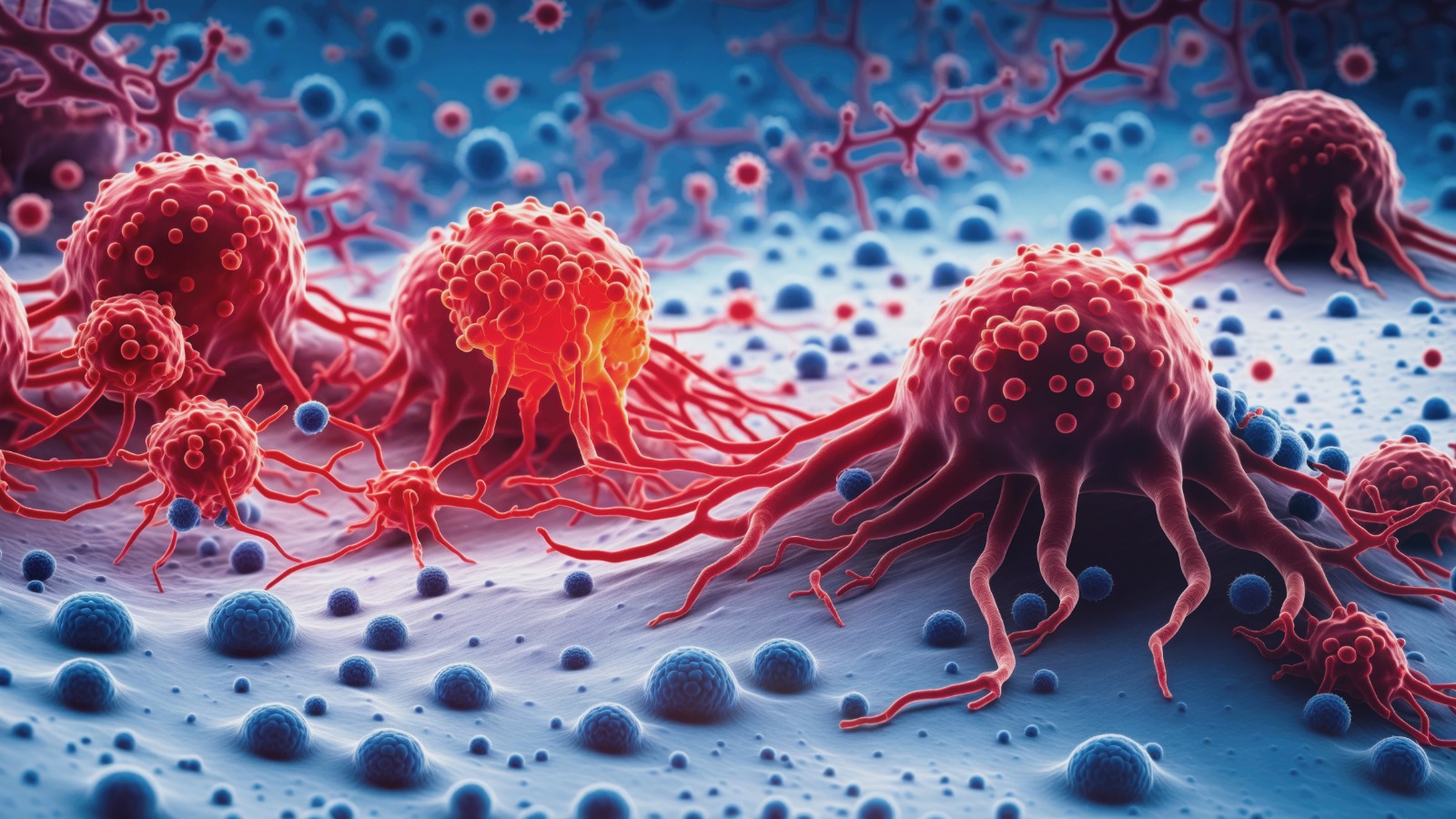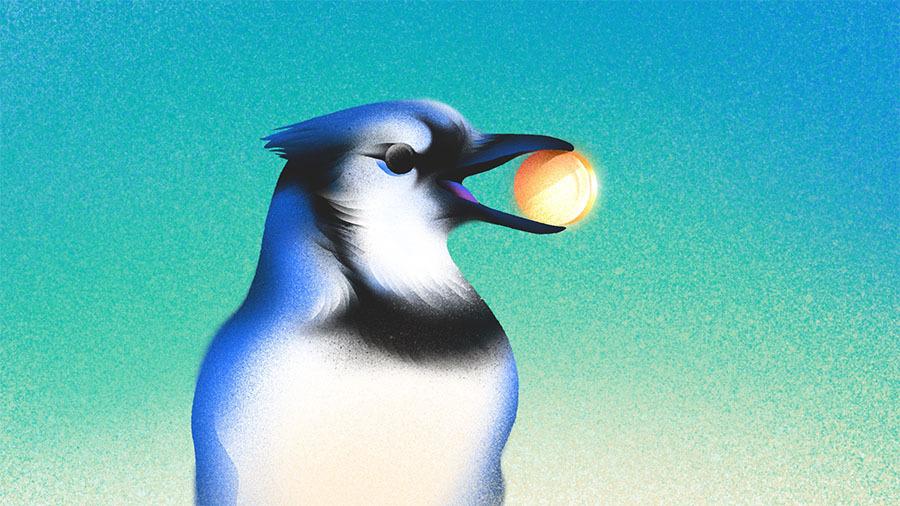For decades, scientists have puzzled over a curious phenomenon called Peto’s Paradox. In theory, large animals with long lifespans should develop cancer more often because they have more cells and more time for mutations to occur. Yet elephants, whales, and other giants of the animal world tend to get cancer far less often than humans do.
Now, researchers are learning why. In a 2015 study, scientists discovered that elephants carry 19 extra copies of a powerful cancer-stopping gene called TP53. This gene acts as a genetic safeguard, detecting DNA damage and triggering cell death in potentially cancerous cells. For elephants, this enhanced genetic armor likely explains why they enjoy such low rates of cancer despite their size.
However, a new study has broadened this investigation to nearly 300 animal species. The researchers analyzed over 16,000 necropsy records and found that elephants are not alone. Many other species have evolved their own cancer resistance strategies.
Some birds, bats, and even lizards showed remarkably low levels of cancer, while animals like ferrets and opossums had much higher rates. The study also shed light on how various traits influence cancer risk, and it isn’t always related to how many copies of the cancer-stopping gene an animal has.
Larger body mass was linked to a slightly higher chance of developing cancer, though not as strongly as expected. Longer gestation periods appeared to lower cancer risk, possibly because of enhanced cellular safeguards developed during extended fetal growth. However, the researchers found that animals in captivity did not show artificially high cancer rates due to living longer than they would in the wild.
But what does this mean for human cancer research?
Well, TP53 is already a key player in human cancer prevention and assessing cancer risks, but humans only have two copies of the gene. Learning how elephants and other species enhance their cancer defenses could lead to new cancer treatments that make human cells more resilient.
The hope researchers have is that mimicking or boosting the effects of this cancer-stopping gene could help doctors develop therapies to reduce cancer incidence or slow its progression.
Comparative oncology, the field that studies cancer across different species, is only just beginning to unlock these secrets. The next steps will involve exploring how other animals resist cancer and finding ways to translate those discoveries into medical advances for humans.









